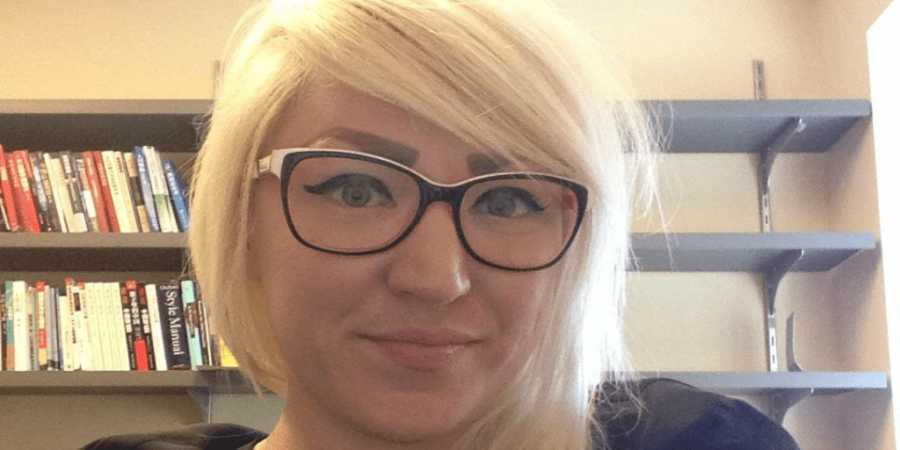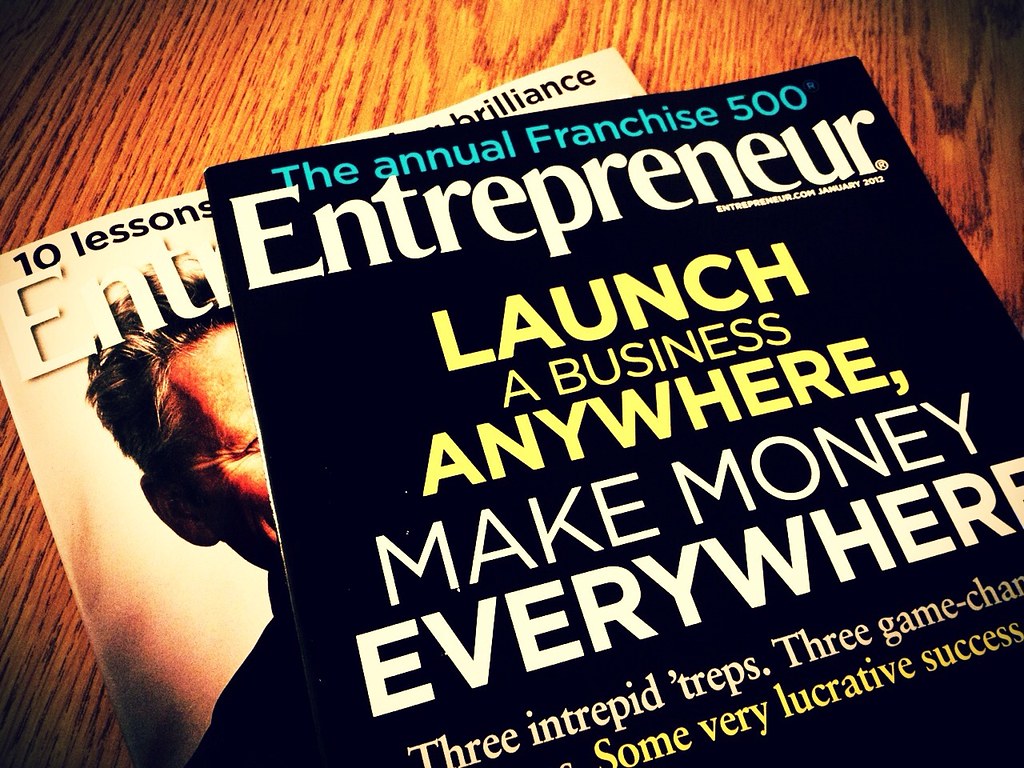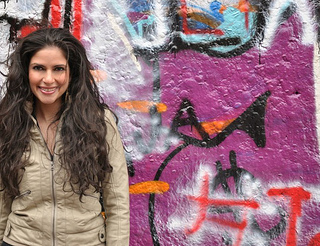“For the first time, I actually feel really happy I’m a woman…”
This was one of the responses shared by Deeply Feminine with the instructors who had donated a session to the online summit dedicated to Sacred Sexuality.
I allowed myself to cry as I read through all the comments, and the ones specifically dedicated to my course. I reminded myself what I often told my clients – the Prophetic tradition was to allow the tears to flow – for it is a great path to maintaining a supple heart. My course revolved around the connection to the wisdom of the body and the Islamic guidance towards sexual energy as a gift of tranquility. There was over 2,000 women enrolled from all corners of the world, with hundreds actively participating on discussions on social media. The value from being connected to all these women united in their quest for understanding the possibility of pleasure and joy from an Islamic perspective was euphoric.
There was an abundance of wisdom shared by women instructors from all over the world – with courses linked to Sexuality and Islam, the Science of Female Desire, Achieving Hormonal Balance, Self-Care that Serves the Female Body, and Cultural Practices that Enhance Femininity and Intimacy.
Yet as I shared the information to encourage people to join the summit the top question, I was asked was more straightforward: what exactly is sacred sexuality?
Let’s start with being clear on what it is not. It is not merely about having sex. It is that ultimate connection between spirit and body, and it is a pathway to transcendence. The energy comes with us as part of the Fitrah, and it helps guide us throughout our lives to a return to the Fitrah.
The term Sacred sexuality has slowly been entering the mainstream over the last few decades predominantly from the New Age movement, in particular, the practice of tantra. Tantra is a spiritual practice from India that is thousands of years old. It is when sexuality is used to achieve higher spiritual states. Despite its origins, my first instinct was to reject the concept. Afterall, I still believe predominately (definably not all!) to be one of the many spiritual practices that has been colored with a healthy dose of cultural appropriation, a lens of orientalism, and disconnection from the ancient practices.
More widely, the most common used definition I have seen, and the one I embrace, is that Sacred Sexuality acknowledges that our life force and our sexual energy originate from the same source. It didn’t take neuroscience to understand the miracle of life, and the act that created it. In fact, I would argue this would have been the normal attitude since the beginning of time, before patriarchy set its teeth into religion. Almost all ancient tradition honored sex as sacred (and no, not by throwing virgins into volcanos).
It is not only the new age, but psychologists also began to embrace the concept. One of my favorite blogs is Love Without Limits, written by Dr. Deborah Anapol for Psychology Today. Although she writes about topics that would make most women of faith gasp and mutter Istakhfirallah, she does not make religion the enemy. A rarity I have found among many Western sexologists.
As I created Across Red Lines, I was committed to integrating a whole person approach to understand the transformative energy of sexual life force energy. It was one part of a four-part approach to building my curriculum which also included the art of conflict resolution after 25 years working in conflict zones and the best practices in trauma and resilience that I learned while studying at Harvard Medical’s school’s program on the topic.
The fourth prong was a faith-based approach. You see, my global journey from New York to Dubai to Bali to Andalusia to understand the roots of sacred sexuality, brought me back to the source of everything for practicing Muslims. The Quran and the Sunnah.
The Sufi teacher Hazrat Inayat Khan reminded us that “Love is the sign of Spirit”, and Imam Ghazali argued that sexual pleasure was a small taste in this lifetime of the ecstasy that would be felt in heaven. Imam Ghazali would ask: how can we strive for something when we have no concept of it? Sexual pleasure was that spiritual breadcrumb trail to the power of the divine.
No wonder marriage is half your deen. It holds the key to one of the most powerful tools to knowing the Creator. It is one of the predominate ways that we can show up whole, a fully integrated being with soul, mind, heart, and body connected. It makes complete sense that we have an entire jurisprudence dedicated to the erotic called Ilm al bah – the art of coitation (interested– stay tuned for an upcoming blog dedicated to its history)
As an American Muslim of Palestinian heritage raised in the South, every part of my upbringing held an all too familiar juxtaposition in the post-globalized world. Sex was everywhere and you’re in face. Yet almost completely avoided in healthy sex-positive conversations. It is often discussed in a one-dimension lens as a physical appetite that needs gratification, and within the faith circles a necessity for reproduction. When out of balance from spirit, this indeed can be the case. It is why within the Islamic tradition fasting is prescribed. In my opinion, it can be a crucial way to bring back the power of the erotic – where sexuality and spirit are connected.
And that is indeed the Islamic way. It is at the very heart of the tradition of Ilm al Bah. It is a path to self-awareness, to understanding the complex nature within humanity, and to make us aware that we a larger part of a universe that expands through pleasure. It is at the heart of what inspired one of the greatest poets of all times – Jalal al-Din al-Rumi – who was also a scholar of Islamic jurisprudence. Until today, Rumi remains the most popular poet in the US, where Muslims remain a targeted minority.
And yet we still taught to dread this transformative energy.
One of the biggest fears people confide in my is that by acknowledging their sexual energy, they will be led astray into that pitfalls of sin. The reality is the inverse is truer. From what I have seen, to repress or deny the sexual being is what leads to perversion and being led astray. Embracing our sexual energy as an essential part of our Fitrah is one of the essential ways into become integrated. The connection to our life force energy, breath, gratitude, nature, and staying in the moment are all keyways to practicing sacred sexuality. It will connect you at times of separation and will hold during free fall. Sacred sexuality is the key to allowing for deep and intimate relationships. It will lead us to becoming stronger and active citizens of the Ummah, better parents, more effective leaders, and most important of all, happy and fulfilled individuals. It is only in that moment can you connect with our own divine nature, our own true selves, and step into a world of abundance.
If you are interested in staying with me on this journey as I continue to create a space where women can uplift other women for positive change – stay tuned to more writings here. If you would like to be an active participant in co-creating this community – please take some time to complete this online survey. The feedback is helpful – and no prior knowledge of ARL is needed. All you need to share is your first impressions, and what would interest you the most.





